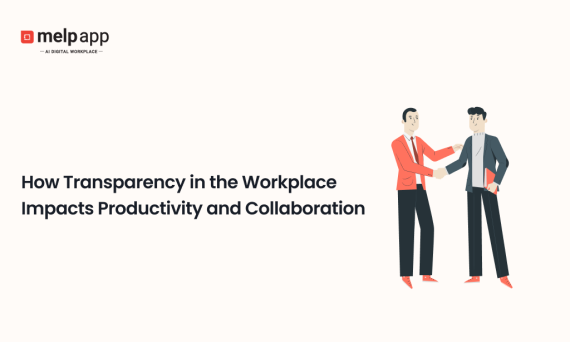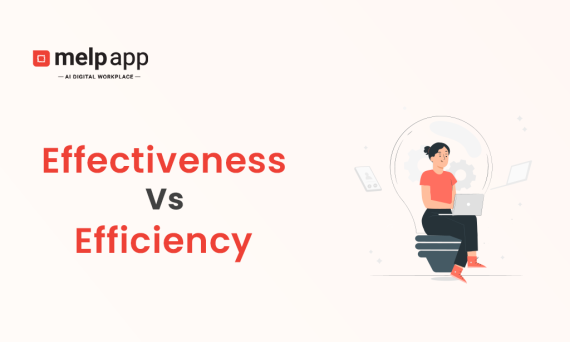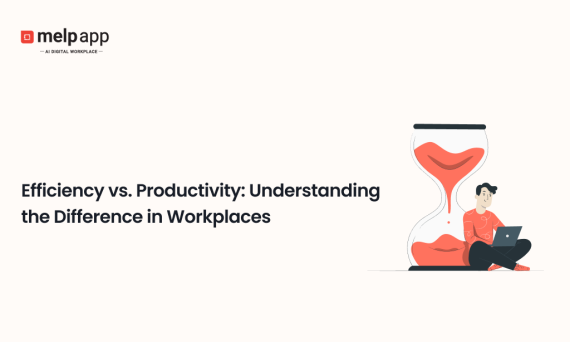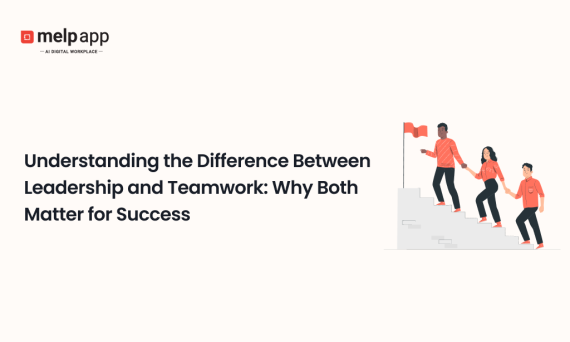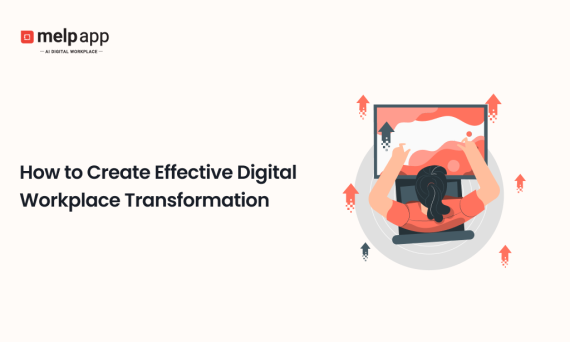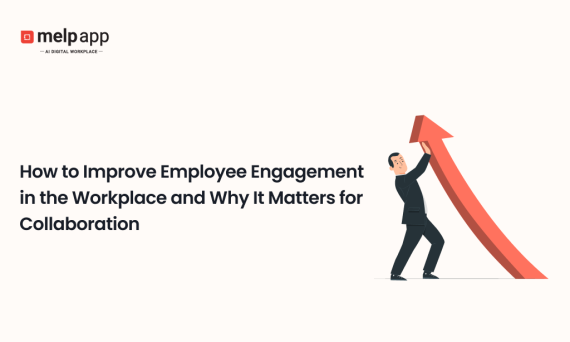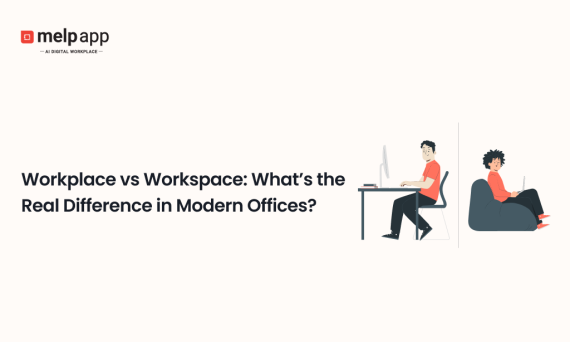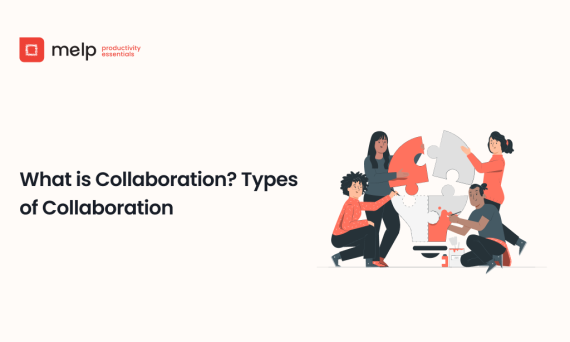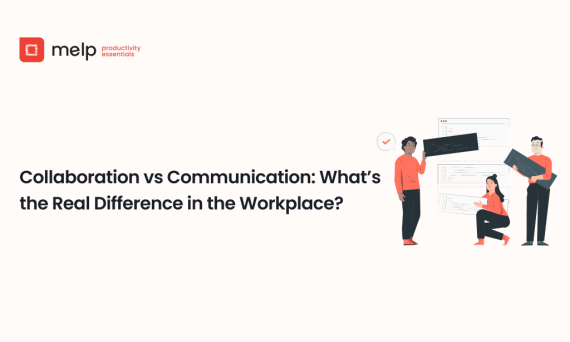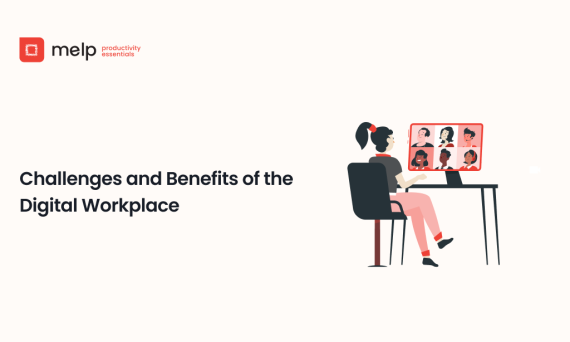Leadership, Management, and Culture
When employees are left out of important information, they quickly feel frustrated. Creating a workplace where people feel informed, connected, and trusted relies on Transparency in the Workplace. Sharing updates openly ensures everyone understands what is happening, allows teams to work together smoothly, and keeps employees focused on their tasks. Being transparent is not just
Read More
Every workplace wants to do more in less time, but speed alone isn’t success. The real win is balancing how work is done (efficiency) with what gets achieved (effectiveness). One improves the process; the other ensures the outcome matters. Together, they show whether a team is truly productive or just busy. Problems happen at the
Read More
Introduction In most workplaces, people often use efficiency and productivity as if they mean the same thing. At first glance, they look similar, but they’re not the same. Knowing the Difference between efficiency and productivity helps teams and leaders set better goals, improve performance, and build a healthier work culture. When these ideas get mixed
Read More
In every workplace, leadership and teamwork are often mentioned together. They are both vital, yet they are not the same. Understanding how they differ and how they work together can help any organization become more effective and more resilient. This article breaks down the key differences between leadership and teamwork, explains their unique roles, and
Read More
The modern workplace isn’t defined by a building or a desk anymore. It’s defined by how people work, where they connect, and what tools they use to get the job done. As the lines between physical offices and digital environments continue to blur, businesses are realizing that patchwork fixes aren’t enough. A true digital workplace
Read More
Employee engagement isn’t just about job satisfaction. It’s about building a culture where people feel involved, valued, and motivated to contribute. When employees are engaged, they’re not just doing their jobs—they’re showing up with purpose, supporting their teammates, and helping the whole organization move forward. That kind of energy directly supports better collaboration, which leads
Read More
The way we work has changed, but the words we use haven’t always kept up. Terms like workplace and workspace sound similar, yet they mean very different things. Understanding the difference is more than just a matter of language. It shapes how we work, connect, and succeed. A workplace refers to the larger professional environment:
Read More
What is Collaboration? Collaboration is the process of working together toward shared goals. It goes beyond dividing tasks; it involves active contribution, mutual understanding, and a common purpose. Whether it’s two colleagues planning a presentation or five departments coordinating on a product launch, collaboration helps people combine their efforts and reach outcomes that are difficult
Read More
Work doesn’t happen in a vacuum. Most of what we get done at work depends on how we connect with others, how we share ideas, divide responsibilities, and move toward a common goal. That’s where communication and collaboration come in. They sound similar, but they’re not the same thing. A lot of teams think they’re
Read More
It’s no secret that the way people work has changed. What used to happen in office buildings, face-to-face, now happens through screens and shared digital spaces. People join meetings from their homes, manage projects with online tools, and work with teammates they’ve never met in person. This is what’s often called the digital workplace, and
Read More
